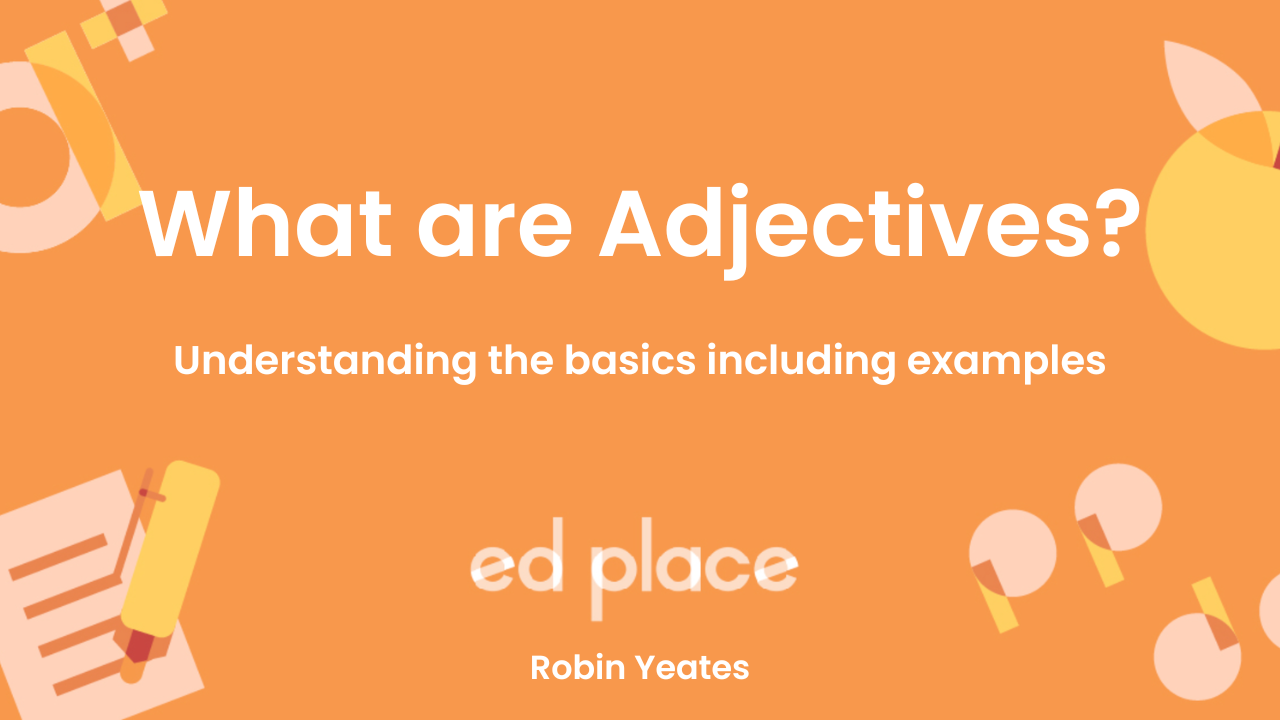Organising teaching by ability means that some schools may ‘stream’ or ‘set’ classes by ability. What do these terms mean and what are the implications for your child?
Streaming involves all pupils being divided into different hierarchical classes which are taught at different levels according to ability for all subjects. Some argue that streaming unfairly categorises children as being of a particular ability across all subjects which could be limiting as some children may be better at some subjects that other. This could prevent them from reaching their full potential is some areas.
Advocates of streaming say that it makes it easier for teachers to pitch their teaching at the right level for their class whose overall abilities are of similar levels. This can make it easier to plan teaching activities that are very accessible and inclusive for streamed classes.
Setting vs Streaming in schools
Setting is different from streaming. It involves dividing classes by ability for different subjects. This system means that if a child is very good at for example, maths but struggles with English they can be put in the top set for maths and the bottom set for English where their needs can be most appropriately catered for. Some argue that more diverse, mixed ability groups have benefits that streamed or set classes do not. For example higher ability pupils can benefit from stretching their own knowledge and understanding by taking a structured, teacher-supervised role in helping their lower ability peers understand new concepts and ideas. Pupils can respond well to this sort of peer mentoring, finding it easier to practise and learn some things from friends than from teachers.
Setting and streaming can be useful for higher and lower achievers as the larger middle group may be more easily catered for by the teacher in mixed ability groups. This can leave very able pupils feeling frustrated and bored while at the other end of the scale pupils may be struggling to keep up. All state school teachers are required to take into account different ability levels in their planning. This is known as differentiation. It can involve things like planning extension tasks for more able pupils and a variety of methods for enabling pupils to explore a given topic which caters for different abilities and styles of learning.
Whatever system your child’s school uses, it’s useful to understand which one is in place so that you can support your child to reach their full potential within that system. Where setting is used, take an active interest in which sets for which subjects your child is in. Satisfy yourself, through collaboration with teachers, that it is the appropriate one. If streaming is in place, make sure you maintain an awareness of your child’s strengths and weaknesses in different subjects. Sometimes children who excel at science may be weaker in English. In this scenario, as English is a core subject which applies to all curriculum areas, extra support and attention may be needed to make sure your child develops the skills of effective verbal and written communication.



.png)
.png)
.png)




